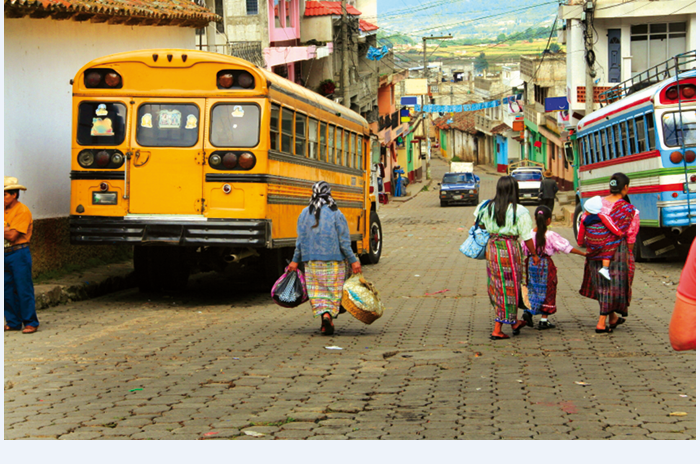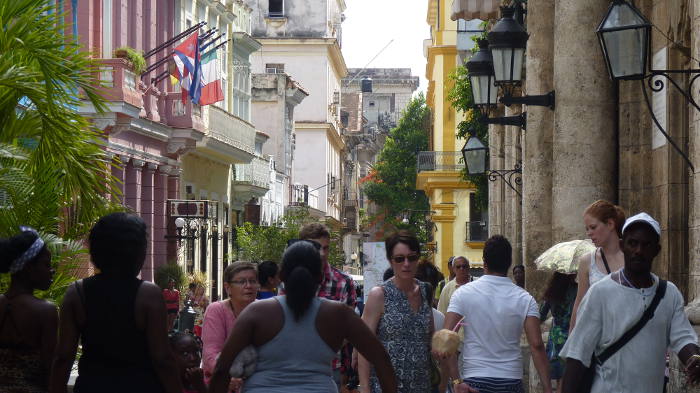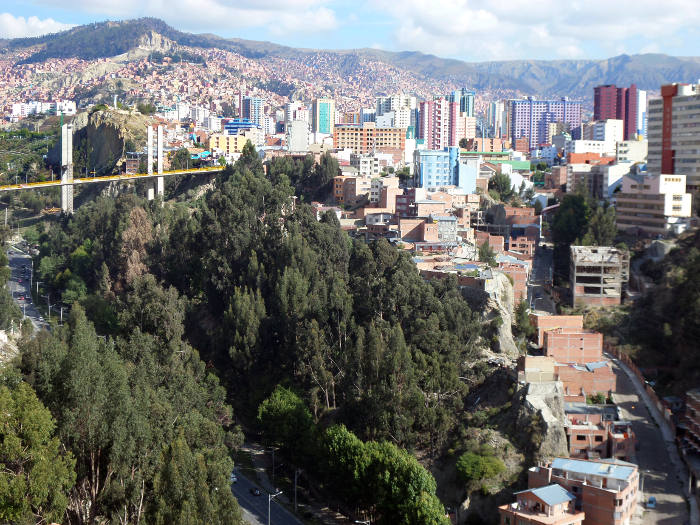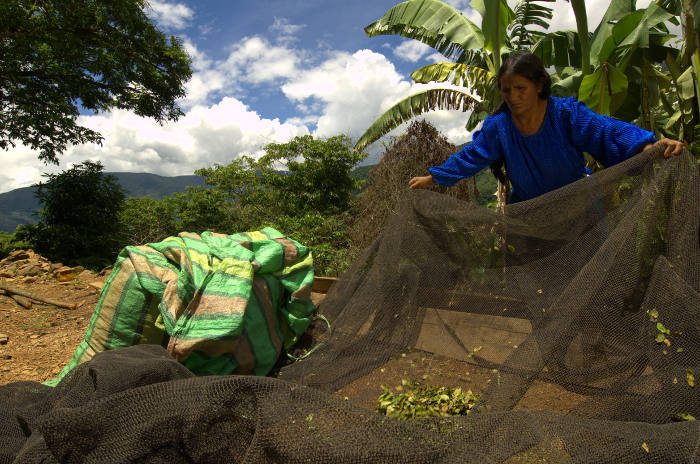-
14 April 2017
Category : Reportage
Pan American Day, a tour of the work being done in the region
Pan American Day, a day intended for building closer relationships between the states of the Americas, has been celebrated since 1931.

Today, 14th April, twenty-one countries in the Americas celebrate Pan American Day, a day that reaffirms the unity of the continent.
The first time this day was celebrated was in 1931 to commemorate the founding of the Union of American Republics, later renamed the Pan American Union, which in 1984 became what we know today as the Organization of American States, or OAS.As stated in the Charter of the Organization of American States, the principles underlying this union are “to achieve an order of peace and justice, to promote their solidarity, to strengthen their collaboration, and to defend their sovereignty, their territorial integrity, and their independence”.
Following these same principles, FIIAPP manages a wide variety of projects in the region which, from different fields, contribute to promoting peace, justice and overall cooperation in the region.
For this reason, at FIIAPP we are joining the celebration by taking a tour of some of the projects we are managing in the region:
Cuba-EU Expertise Exchange

This is a project funded by the European Union that aims to accompany the Cuban government in its commitment to reforming its socio-economic policies. An example of this is the reform of the country’s tax administration, which the Director General of Economy and Planning of Cuba, Alfredo Jam Masso, explains is an extremely important activity. A website has already been created which allows taxpayers to manage their accounts, fill in forms and even close their accounts without having to visit a specific office. This reform has already been implemented all across the island.
Fight against drug trafficking in Bolivia and Peru

European experts have travelled to these two countries to carry out a series of trainings with the national institutions dedicated to fighting drug trafficking and organised crime. These experts come from France, Germany, the United Kingdom and Spain, and have different professional profiles: police officers, judges, prosecutors and customs agents.
Both Peru and Bolivia, the beneficiary countries, and Europe contribute their experience in this field, which is of interest to both parties, thereby improving the policies and techniques currently being applied in the fight against drug trafficking.
These trainings within the anti-drug trafficking project, in both Bolivia and Peru, are aimed at police officers at different levels explains Feliz Murga, the director of the organised crime unit of the National Police of Peru:
“Both cadets and active-duty officers have received courses related to the fight against drugs, intelligence and investigation of drug trafficking, and those already involved in the fight against organised crime have received specialised courses and courses abroad, in the European Union”.
COPOLAD

This is another drug-related international cooperation project, but with a different focus. COPOLAD, aspires to improve the bi-regional dialogue between Latin America and the European Union on drug policy.
This dialogue is centred on four components: consolidation of cooperation mechanisms, creation of national drug observatories, implementation of measures for drug demand reduction, and trainings for experts on drug supply reduction.
COPOLAD director Teresa Salvador summarises the work in the project: “these are institutional strengthening activities intended to help the national drug observatories obtain reliable, high quality data and use them to assess the impact of measures being taken to address this problem”.Other regional programmes
In addition to these, FIIAPP manages many other projects that operate at regional level: EUROCLIMA+, a programme focused on the adaptation to and mitigation of climate change; EUROsociAL+, a programme for social cohesion in Latin America; AMERIPOL, centred on improving the capacities of prosecutors and law enforcement and judicial authorities in the fight against organised crime.
The views and opinions expressed in this blog are the sole responsibility of the person who write them.




